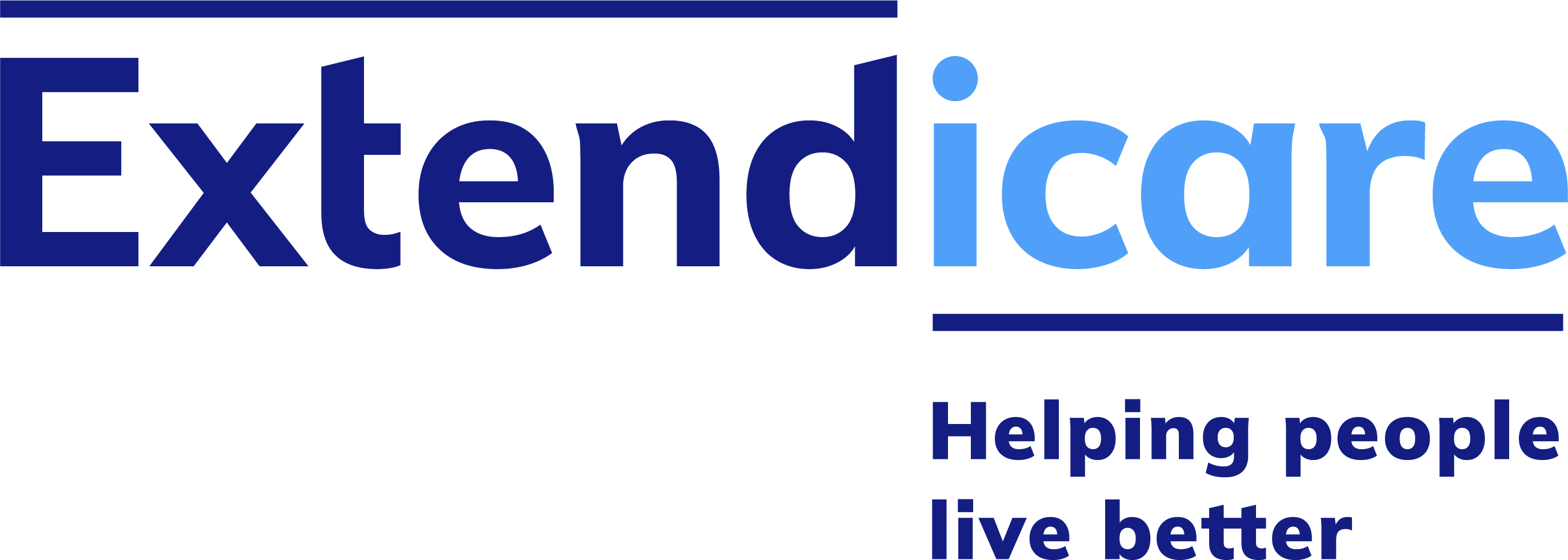
Why remember? What Holocaust Remembrance Day means to Fern
TweetFern Ginsberg considers her family lucky: by the time the round-up of Jewish citizens in Germany began before World War II, her grandmother had safely escaped to Canada from Austria.
Approximately six million Jewish people were not so fortunate: they were killed by Nazis and their collaborators during the Holocaust, between 1941 and 1945.
“I’m a second-generation Canadian. My parents were born here. My brother is an Orthodox Rabbi. And my son lives in Israel,” explains Fern, who proudly embraces her Jewish faith and heritage. “Even though none of my family members were killed during the Holocaust, I believe it’s important for generations to learn about history so it’s not repeated.”
Fern and her husband are both avid historians. Much of what they’ve learned about the Holocaust has come from watching documentaries and reading. But all of that knowledge didn’t deliver the same impact she felt when she visited the Dachau Concentration Camp Memorial Site in Germany.
Standing where hundreds of thousands of fellow Jews were murdered, Fern says she felt deep and profound anger. And each time she heard a train in Germany, it triggered thoughts of the millions of Jews who had been forced into trains that ran along the same tracks and transported to concentration camps just like Dachau.
If there’s one thing Fern would ask of people on Holocaust Remembrance Day, it’s to educate themselves. “Genocides continue to happen around the world,” says Fern. “And every year, fewer Holocaust survivors remain. We need to remember for them.”
Holocaust resources Fern recommends
